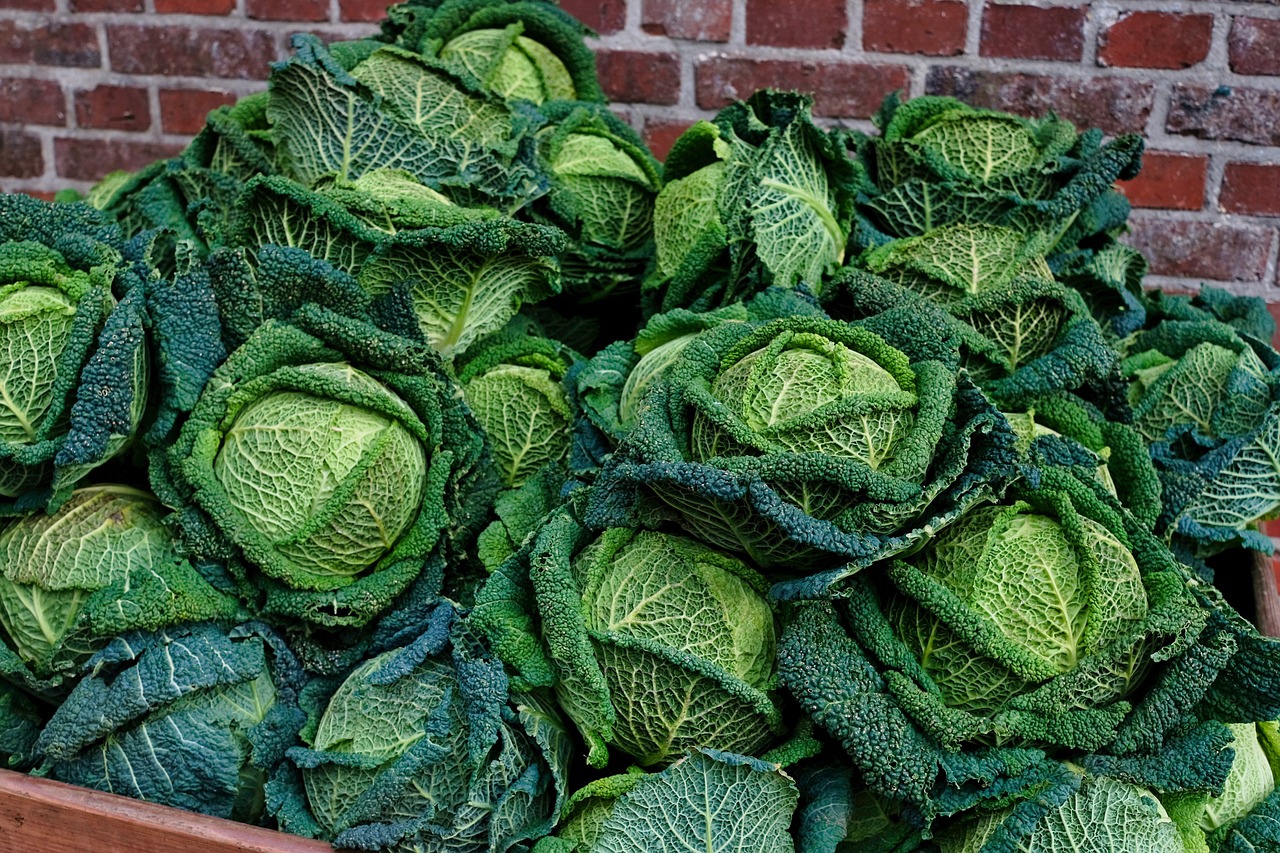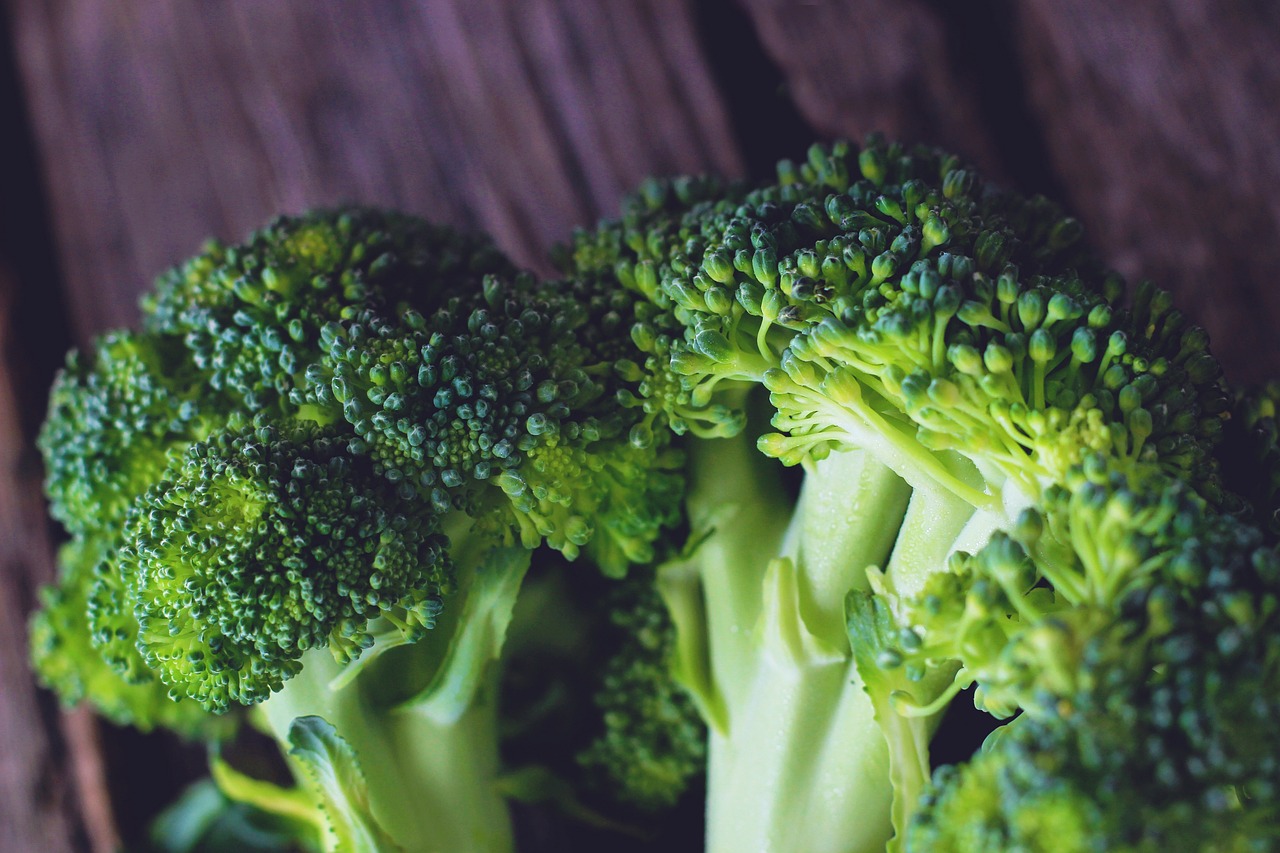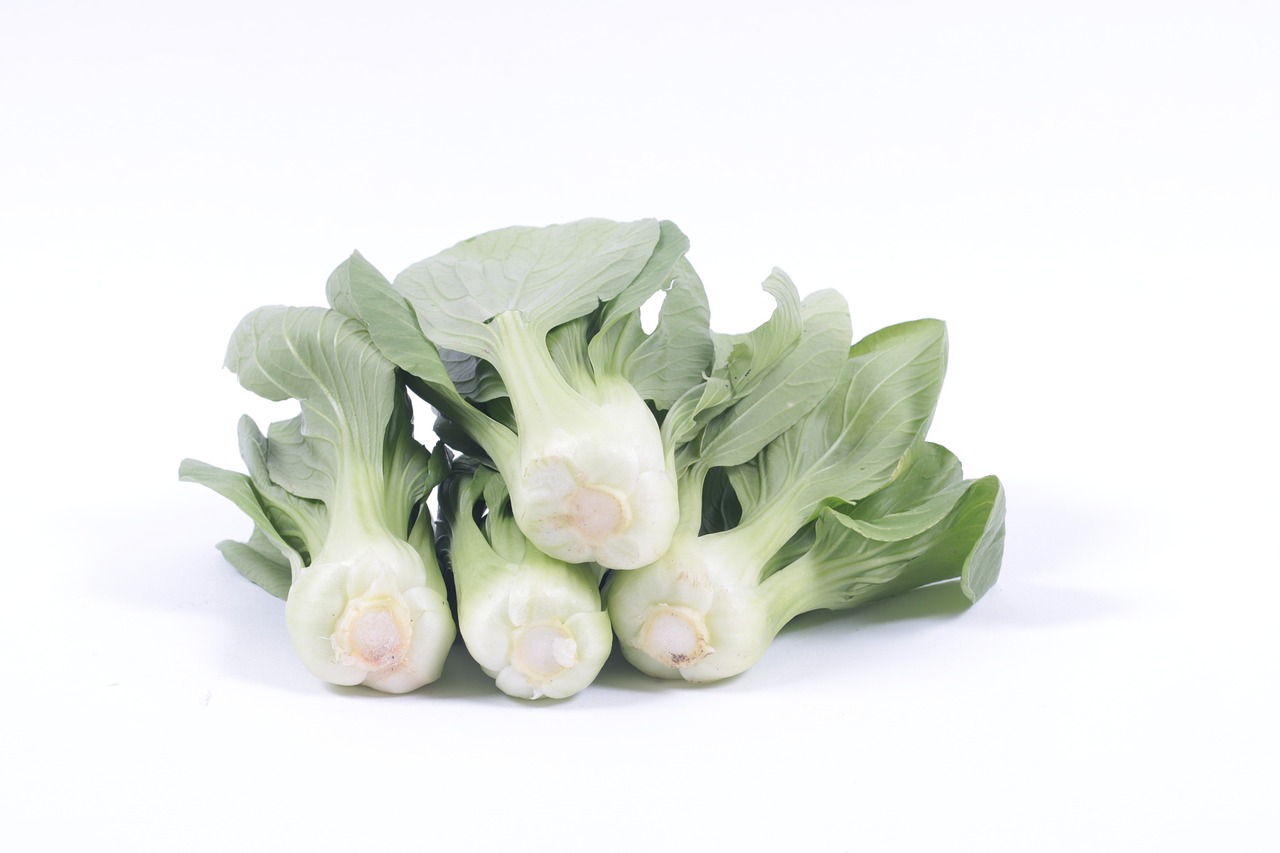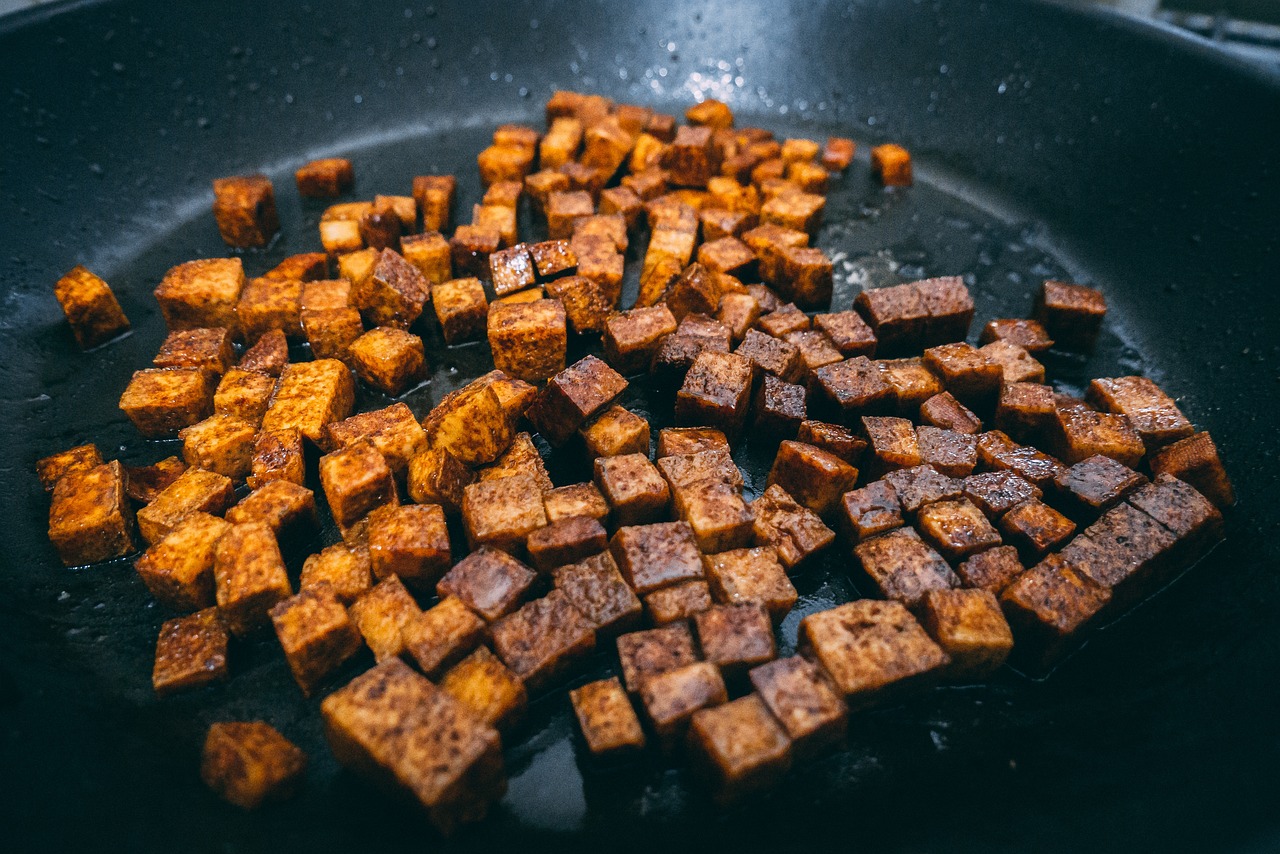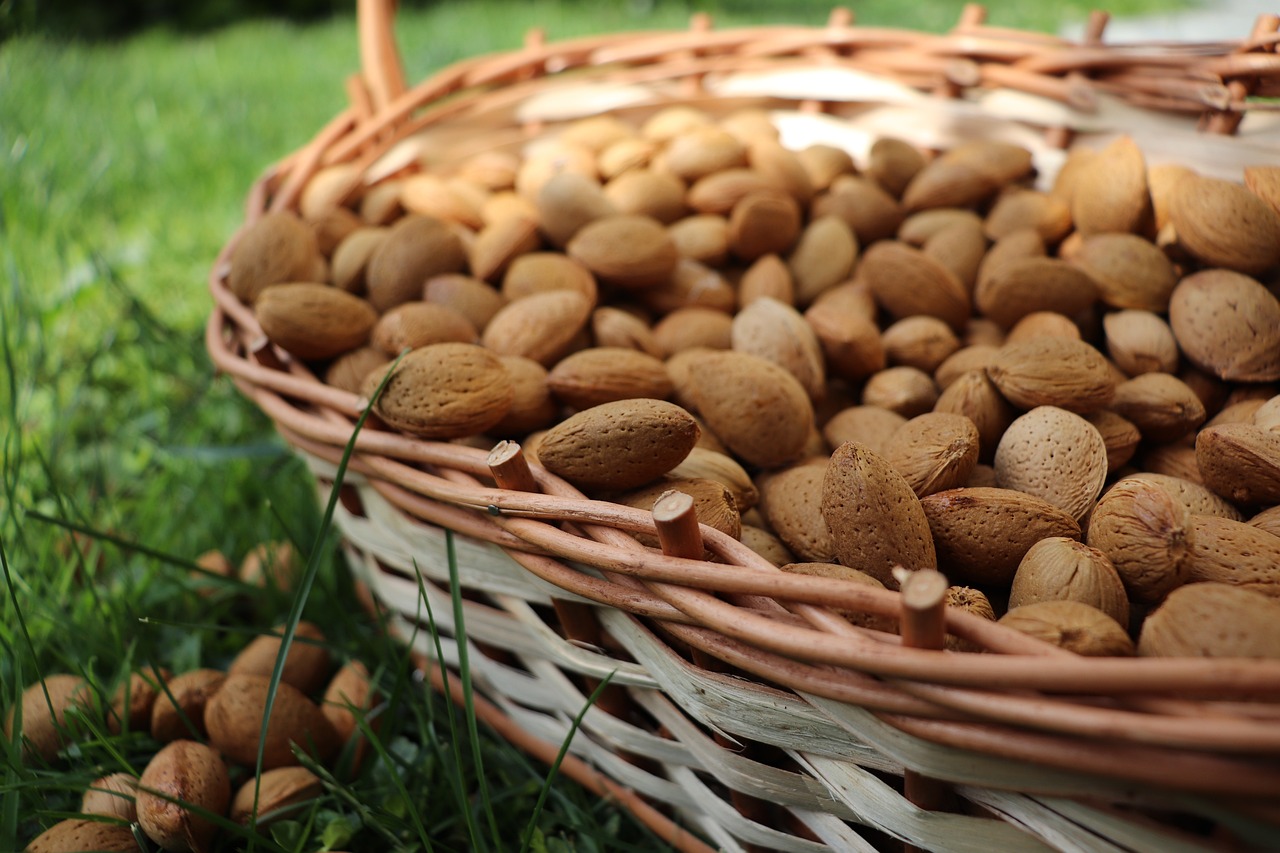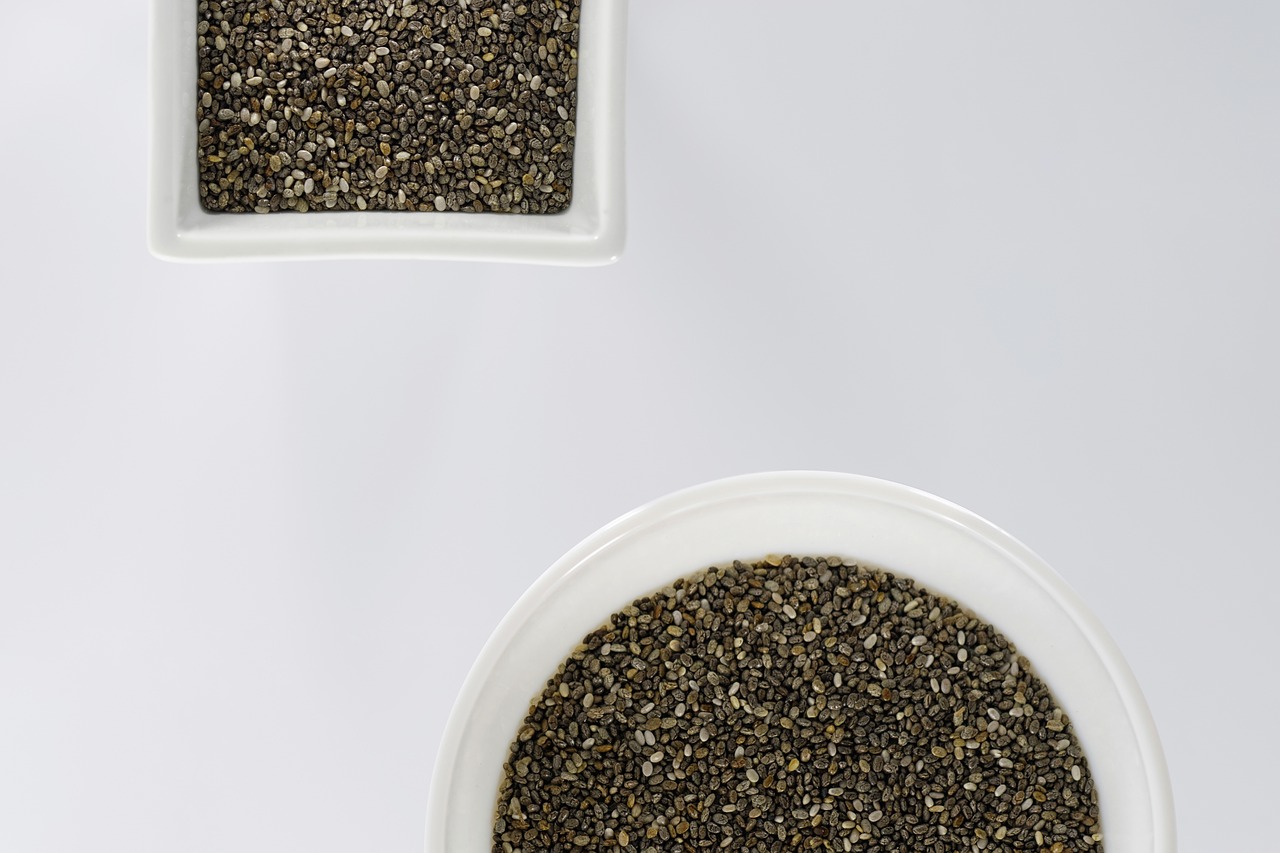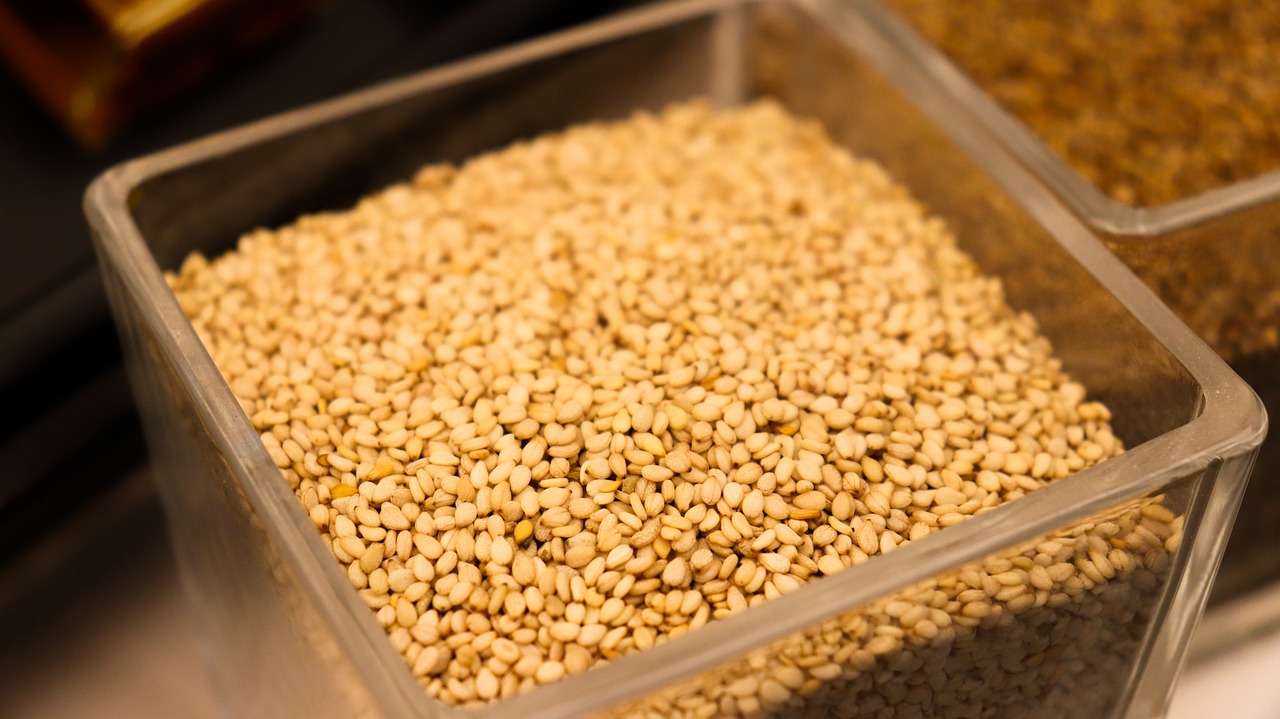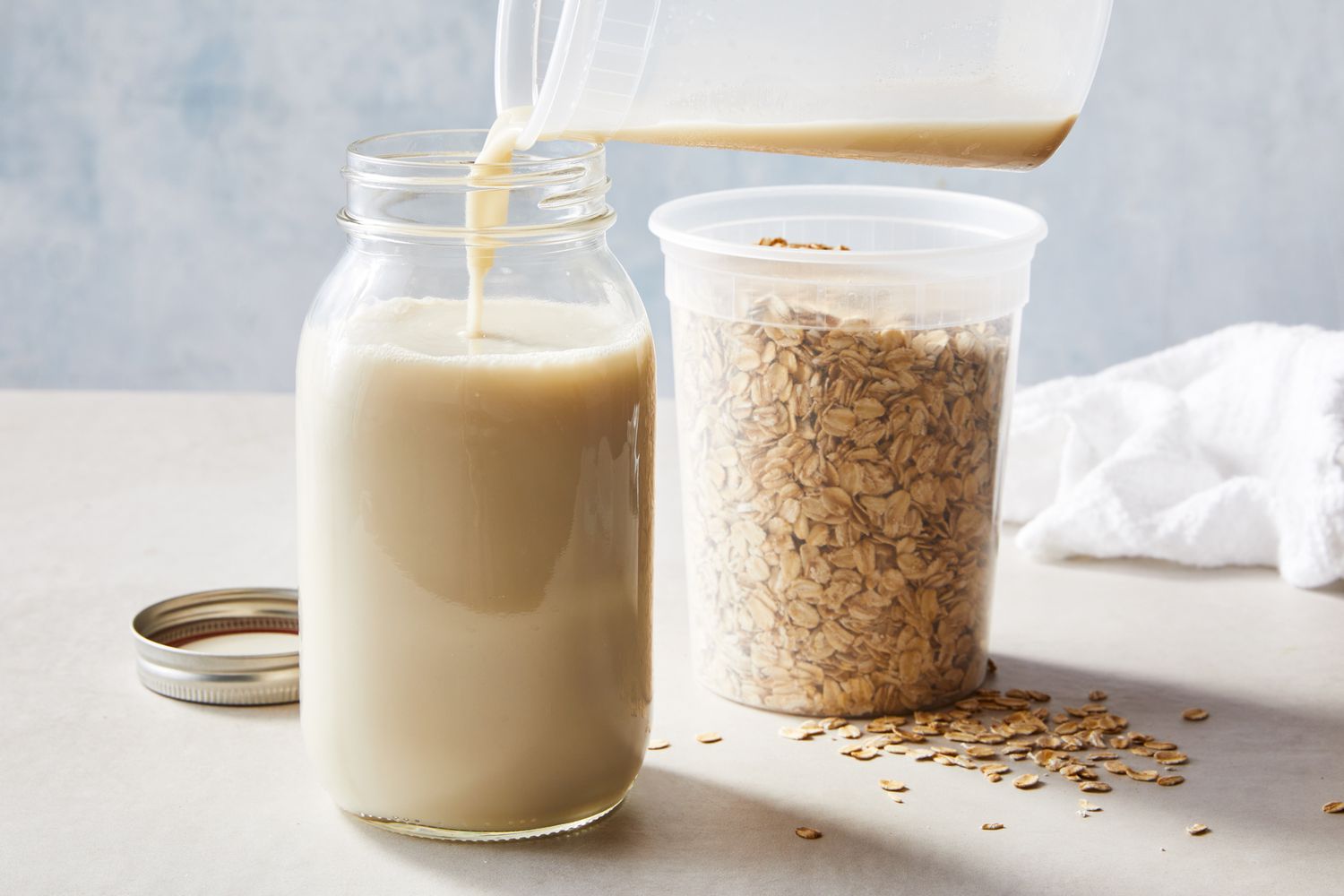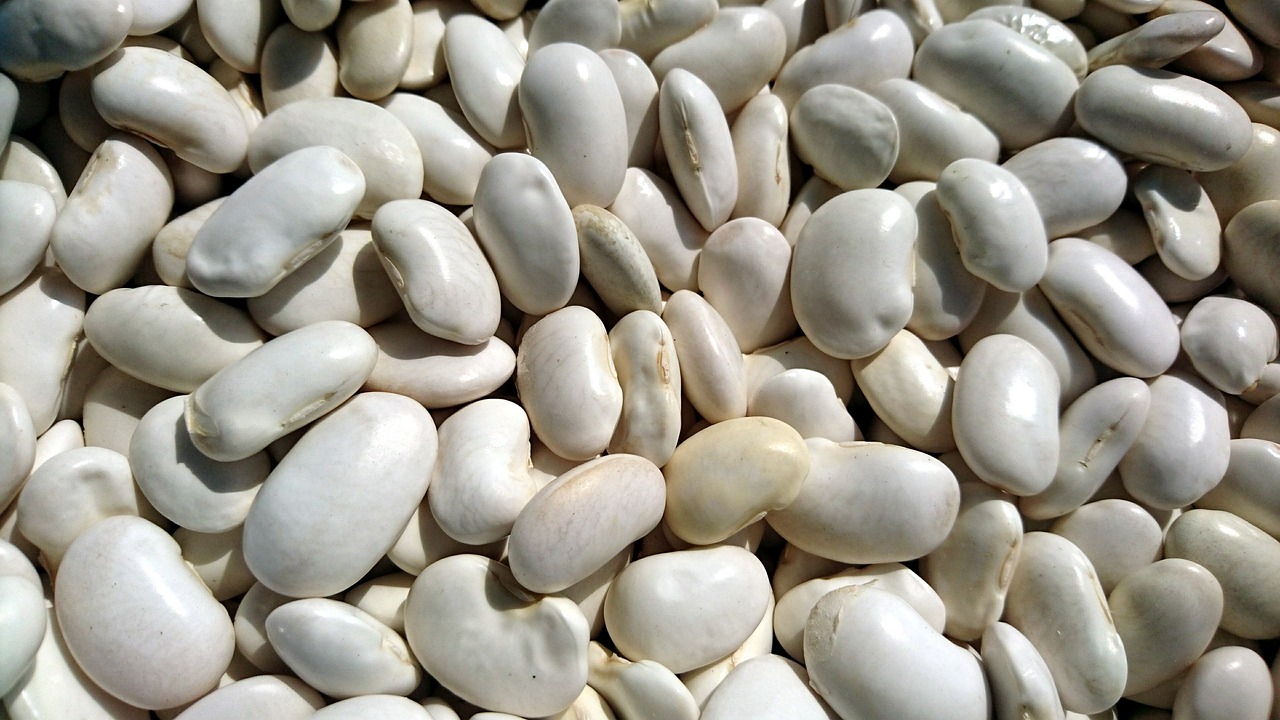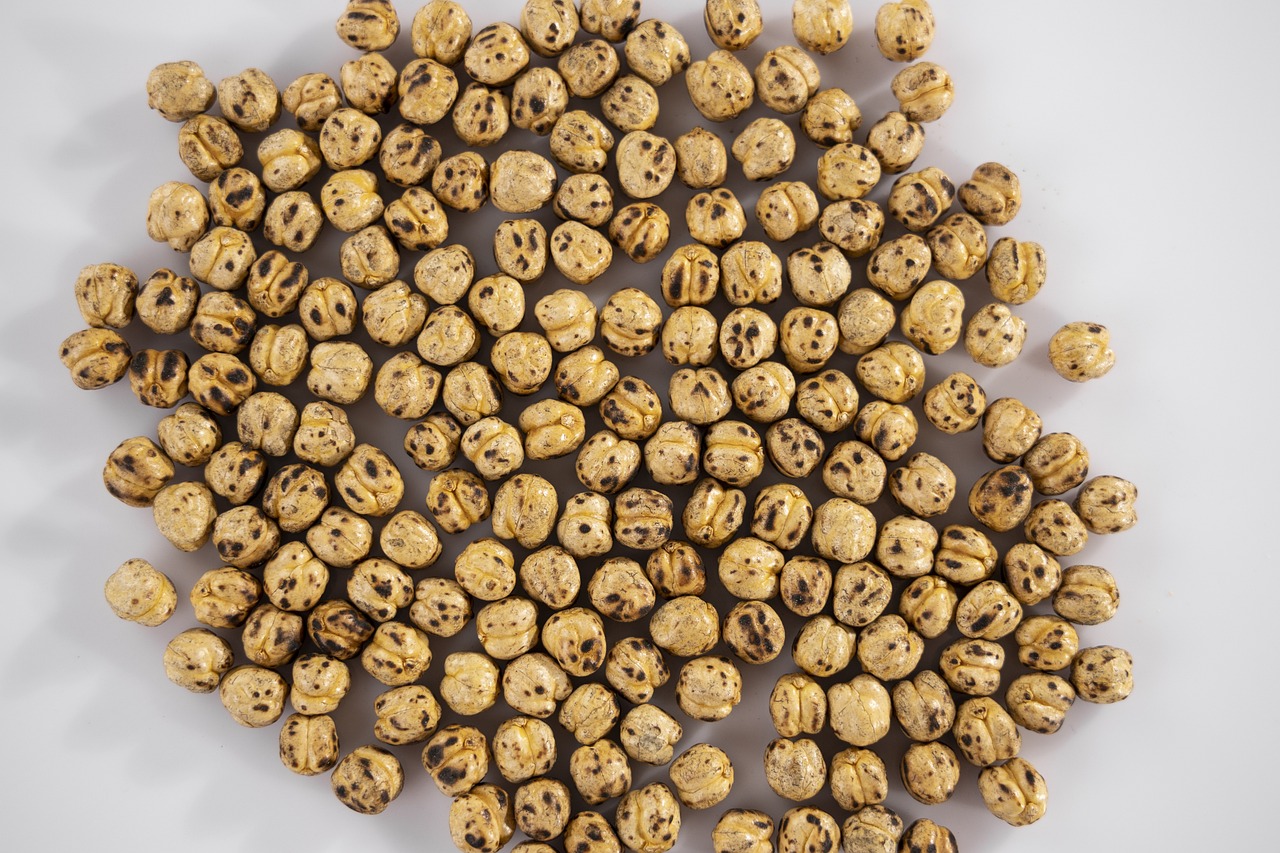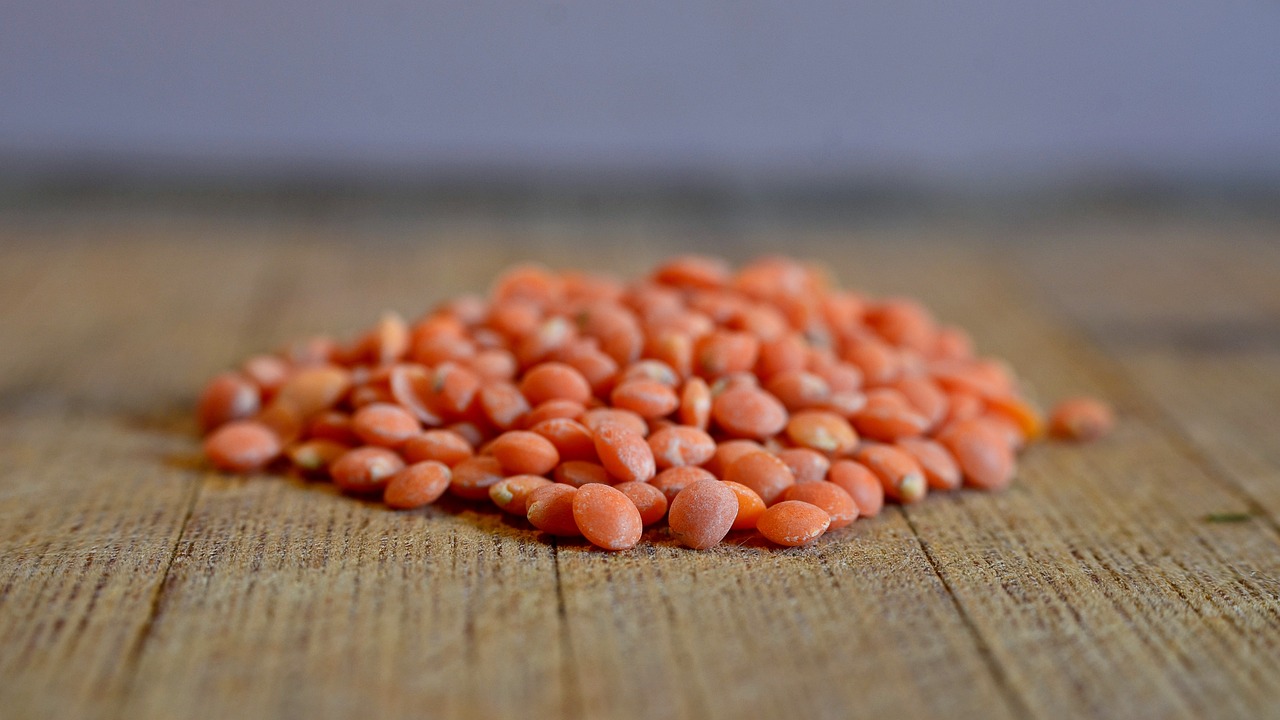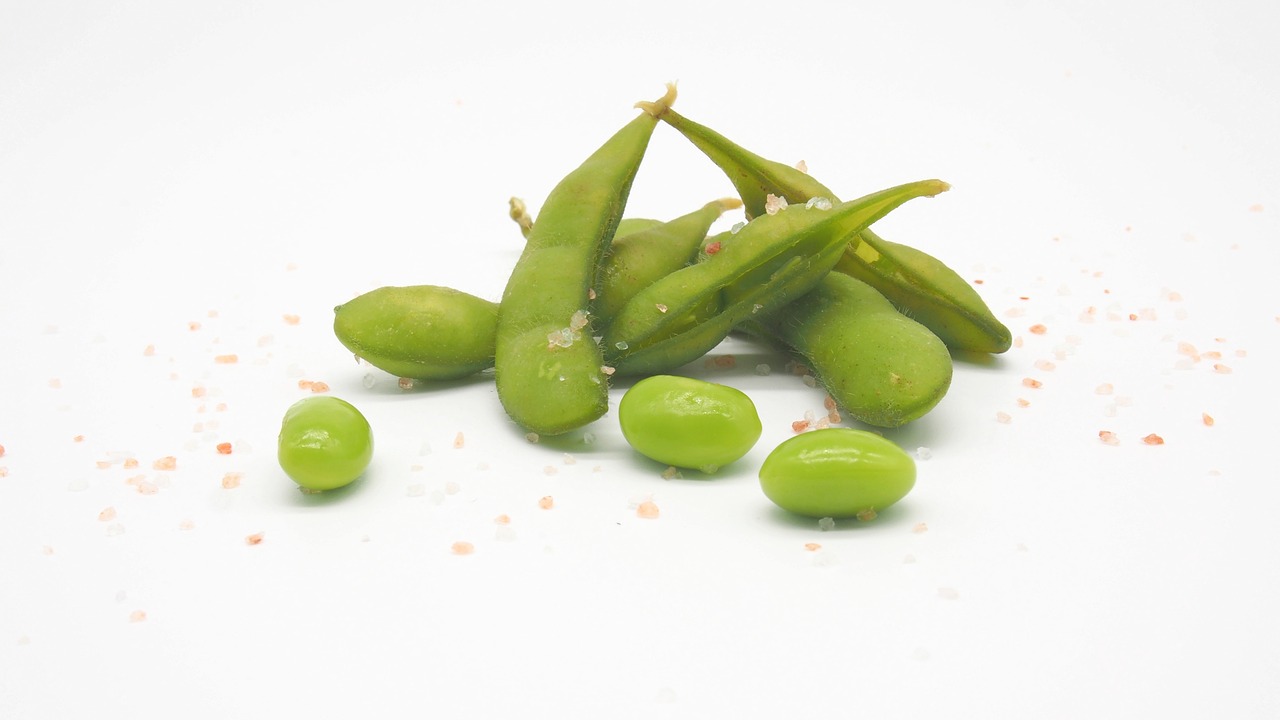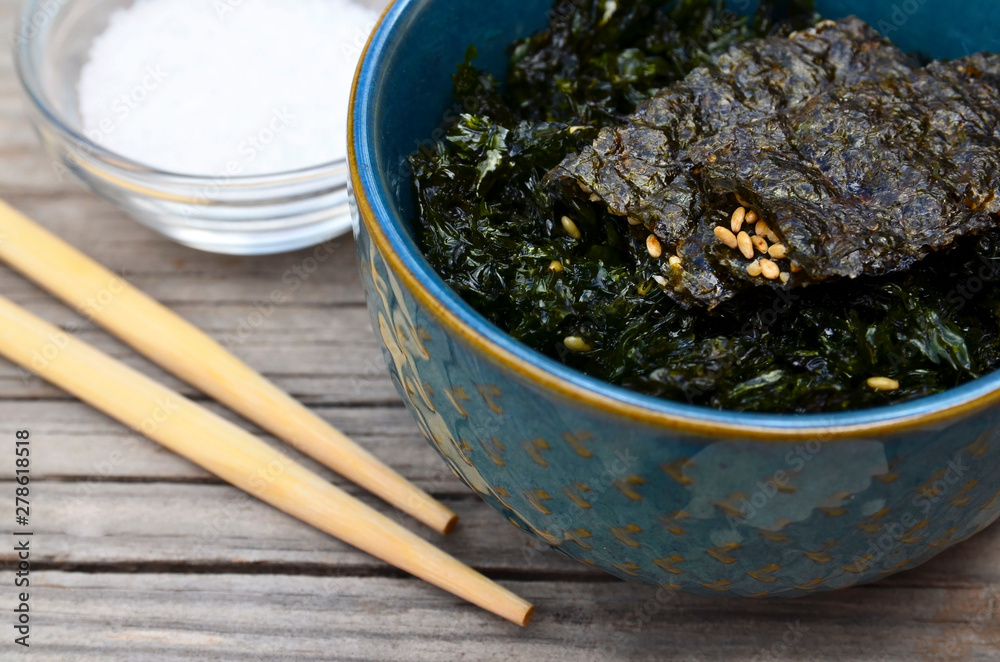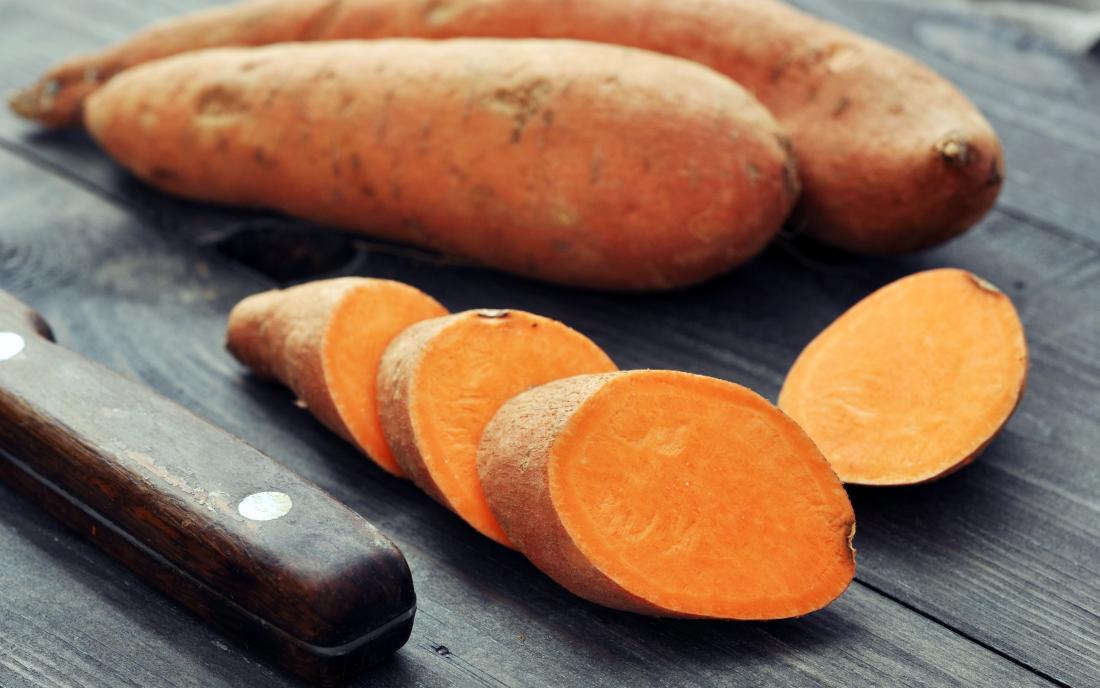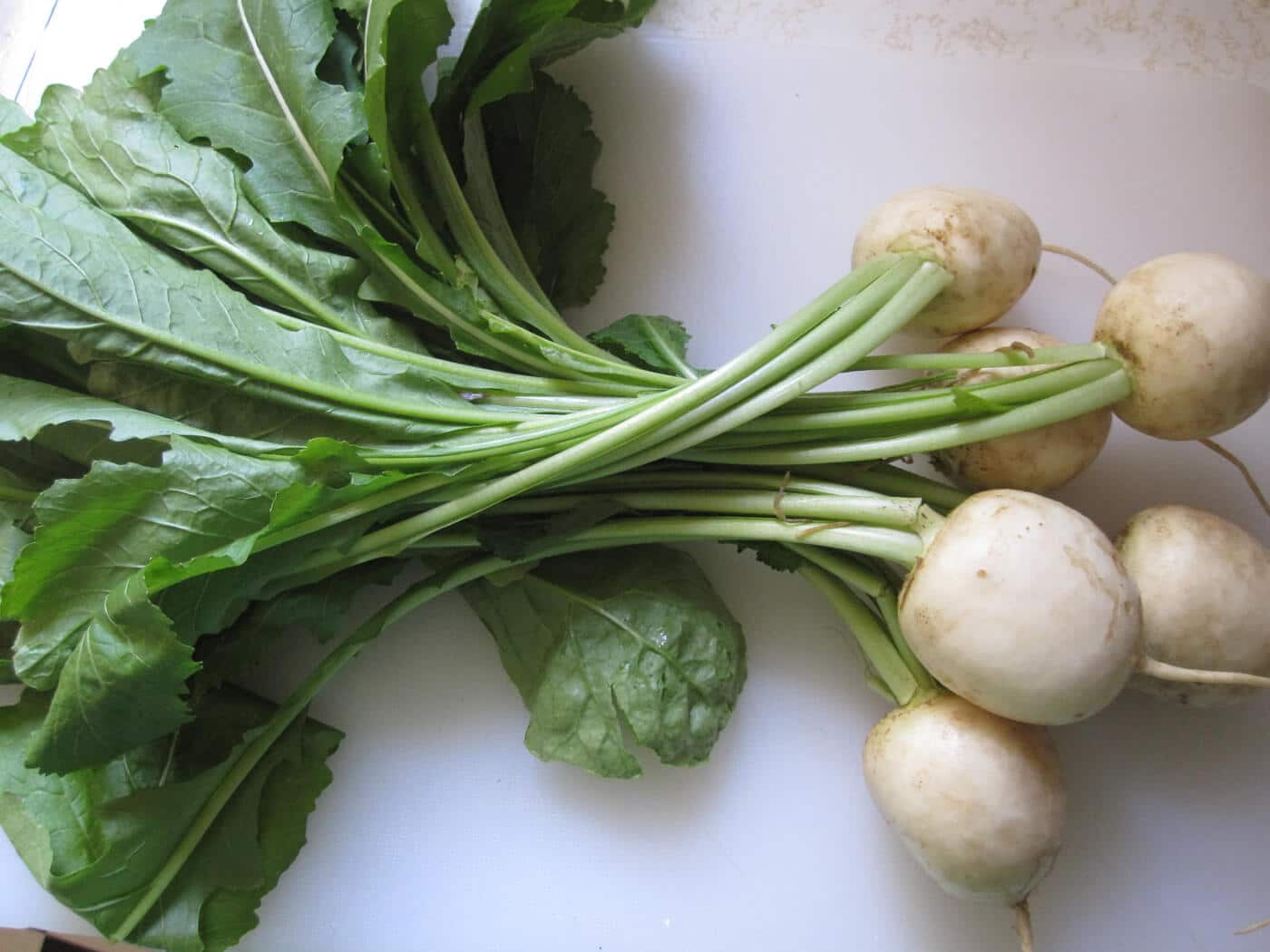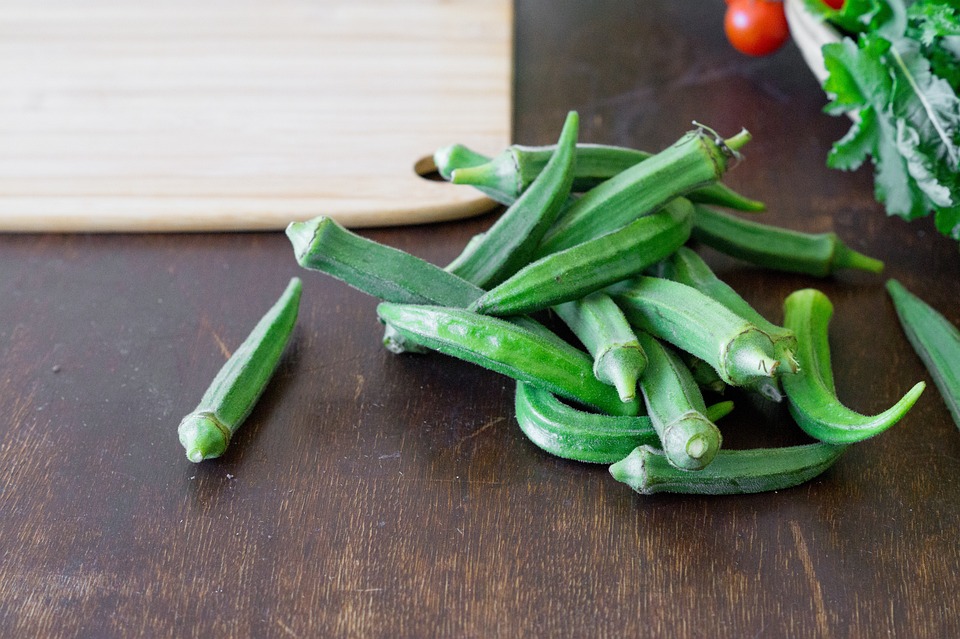
Calcium is one of the most vital minerals for human health, essential for maintaining strong bones, teeth, and overall bodily functions such as muscle contraction and nerve signaling. While dairy products are often seen as the go-to source, plant-based alternatives provide a diverse and nutrient-rich way to meet your daily calcium requirements.
For those embracing plant-based diets or managing lactose intolerance, there’s an abundance of calcium-rich foods available. These options offer a healthier and often more sustainable way to support your calcium needs.
Kale
Kale is a calcium powerhouse among leafy greens, with one cup of cooked kale offering nearly 180 mg of calcium. This nutrient-dense vegetable is low in oxalates, which makes its calcium more bioavailable compared to other greens. Rich in antioxidants and vitamins like A, C, and K, kale offers multiple health benefits beyond calcium.
It can be sautéed with garlic for a simple side dish or added to soups and stews. Kale chips also make for a nutritious and crunchy snack. With its mild flavor, it pairs well with a variety of dishes and can be blended into smoothies for a nutrient boost.
Broccoli
Broccoli is another excellent source of plant-based calcium, providing about 62 mg per cup when cooked. Its unique combination of phytonutrients and vitamins supports overall health.
Broccoli’s calcium is easily absorbed, making it a great addition to your diet. It can be roasted with olive oil, steamed, or added to stir-fries. Broccoli also works well in pasta dishes or as a topping for baked potatoes. Its role as a cruciferous vegetable supports detoxification and may lower cancer risk.
Bok Choy
This Asian vegetable is a fantastic source of calcium, with one cup of cooked bok choy offering approximately 160 mg. It is also rich in vitamin C, potassium, and antioxidants. Bok choy’s slightly sweet flavor complements soups, stir-fries, and salads.
It cooks quickly, making it a convenient option for busy days. To retain its nutrients, lightly sauté or steam it. Its crunchy stems and tender leaves add both texture and flavor to dishes, making it a favorite in plant-based cuisine.
Tofu
Tofu, particularly calcium-set tofu, is a standout source of calcium, offering up to 350 mg per half-cup serving. This versatile ingredient is also packed with protein, making it a favorite among vegans and vegetarians.
Tofu can be marinated and grilled, blended into smoothies, or scrambled with spices for a savory breakfast. It absorbs flavors well, making it suitable for a wide range of cuisines. For a calcium boost, choose tofu labeled as "calcium-fortified" or "calcium-set." Its high calcium content makes it comparable to dairy products in meeting dietary needs.
Read Also: Best Foods For Gut Health You Should Include In Your Diet
Almonds
Almonds are one of the highest calcium-containing nuts, with about 76 mg of calcium per ounce (around 23 almonds). They also provide healthy fats, protein, and magnesium. As a snack, almonds are convenient and satisfying.
They can also be chopped and added to oatmeal, salads, or baked goods. Almond butter is another way to enjoy their benefits, perfect as a spread or added to smoothies. Their nutrient density supports heart healthalongside bone strength.
Chia Seeds
Chia seeds are a nutritional powerhouse, providing approximately 179 mg of calcium per two tablespoons. These tiny seeds also deliver omega-3 fatty acids, fiber, and protein. Chia seeds are incredibly versatile and can be added to smoothies, yogurt, or oatmeal.
They form a gel when mixed with liquid, making them a great base for puddings. Chia seeds are also excellent for baking and can be used as an egg substitute. Their high calcium content is complemented by their ability to aid in digestion and reduce inflammation.
Sesame Seeds
Sesame seeds pack a calcium punch, with one tablespoon containing about 88 mg. They are also rich in magnesium, iron, and zinc. Tahini, a paste made from sesame seeds, is a delicious way to incorporate them into your diet.
Use tahini in dressings, dips, or spreads. Sesame seeds can also be sprinkled on salads, baked goods, or stir-fries for added crunch and nutrition. The bioavailability of calcium in sesame seeds is notable, making them an excellent addition to daily meals. Adding sesame seeds into your meals can also support your plant-based diet transition, providing a calcium-rich, versatile ingredient that enhances both flavor and nutrition.
Fortified Plant Milks
Fortified plant milks, such as almond, soy, and oat milk, can provide up to 300 mg of calcium per cup. Many brands also fortify their milks with vitamin D and B12, making them nutritionally comparable to cow's milk.
These milks are versatile and can be used in coffee, cereal, smoothies, or cooking. When shopping, check the labels to ensure you're choosing a fortified option. Many fortified plant milks offer the same or more calcium than traditional dairy while being suitable for those with allergies or lactose intolerance.
White Beans
White beans, such as cannellini beans, offer around 161 mg of calcium per cup. They are also high in protein and fiber, supporting digestion and overall health. These beans have a creamy texture that works well in a variety of dishes, making them an easy addition to any plant-based diet.
White beans can be used in soups, stews, or salads for a hearty and nutritious meal. For a creative twist, you can make white bean hummus for a calcium-packed dip, or mash them to create a spread for sandwiches. When paired with greens like kale or broccoli, they offer a well-rounded, nutrient-dense meal.
Chickpeas
Chickpeas, or garbanzo beans, provide about 80 mg of calcium per cup. They are also an excellent source of plant-based protein and fiber, which helps support digestion and keep you feeling full. Chickpeas are incredibly versatile, and their mild flavor allows them to take on a variety of seasonings, from savory to spicy.
They are also a great source of iron, folate, and manganese, making them an all-around nutritious food. Popular in Mediterranean cuisine, chickpeas are a key ingredient in hummus, falafel, and salads. Roasted chickpeas make a crunchy and satisfying snack, and they can be seasoned with a variety of spices such as paprika, cumin, or garlic.
Lentils
Lentils, particularly red and green varieties, offer about 38 mg of calcium per cup. Though not as calcium-dense as other foods, their high fiber and protein content make them a valuable addition to a plant-based diet. Lentils are perfect for soups, curries, or grain bowls, and their mild flavor pairs well with a variety of other ingredients.
To maximize their calcium absorption, pair lentils with a source of vitamin C, such as tomatoes or bell peppers, to enhance calcium uptake. Lentil salads, spiced with herbs like cumin or coriander, can also be a refreshing, calcium-rich side dish.
See Also: How To Cook Lentils For Salads
Edamame
A cup of cooked edamame (soybeans) contains about 98 mg of calcium. This popular snack is also packed with protein and essential amino acids, making it a staple in vegan diets. Edamame is rich in antioxidants and has been linked to improved heart health. Edamame can be steamed and enjoyed with a sprinkle of sea salt, or you can incorporate it into stir-fries, salads, and grain bowls.
Their crunchy texture and mild flavor make them an ideal snack on their own, but they can also be tossed with spices for extra flavor. For a nutrient-dense snack, dip them in a little miso or tamari sauce for added umami. Edamame also works well in veggie burgers or blended into hummus for a unique twist.
Oranges
Citrus fruits like oranges are an excellent source of calcium, with a single medium orange providing approximately 60 mg. Oranges are also rich in vitamin C, which helps improve the absorption of calcium, making them an ideal pairing with other calcium-rich foods.
Orange juice fortified with calcium can significantly boost your intake, offering a refreshing and convenient option. You can also zest the peel and add it to baked goods or salads for an extra burst of flavor and nutrients. If you’re looking for a quick pick-me-up, blend fresh orange juice with spinach and chia seeds for a nutrient-packed smoothie.
Figs
Dried figs are a sweet and satisfying source of calcium, with about 120 mg per five dried figs. They also provide dietary fiber, which aids digestion and helps maintain healthy blood sugar levels. Figs are high in antioxidants, which can help combat oxidative stress and reduce the risk of chronic diseases.
Figs can be enjoyed as a snack on their own, added to oatmeal or cereal, or used as a topping for salads and yogurt. They pair well with nuts like almonds or walnuts, adding both crunch and additional calcium. Dried figs can also be chopped up and incorporated into baked goods, such as muffins, cookies, or energy bars.
Seaweed
Seaweed varieties like wakame and kelp are rich in calcium, with a 1-cup serving of raw wakame providing around 60 mg. Seaweed is also packed with iodine, which supports thyroid function, and contains antioxidants that help reduce inflammation. Seaweed can be found in various types, including nori, kombu, and dulse, each offering unique flavors and nutrients.
Seaweed can be used in soups, salads, and sushi rolls. Its slightly salty, umami flavor makes it an excellent seasoning or topping for rice dishes or grain bowls. You can also dry and grind seaweed into a powder to sprinkle on popcorn or incorporate it into smoothies.
Sweet Potatoes
Sweet potatoes offer about 40 mg of calcium per cup when cooked. They are also a good source of potassium, vitamin A, and fiber, which support overall health and digestive function. Their natural sweetness, combined with their smooth texture when cooked, makes them a versatile ingredient in both savory and sweet dishes.
Sweet potatoes can be roasted, mashed, or baked for a hearty side dish. For a simple and nutritious meal, try stuffing them with beans, greens, or lentils. Sweet potato fries are another tasty and calcium-rich alternative to regular fries, and they can be seasoned with herbs like rosemary or thyme.
Turnip Greens
Turnip greens provide approximately 197 mg of calcium per cooked cup. They are also rich in vitamins A, C, and K, which promote bone health and support the immune system. These greens are low in calories but high in fiber, making them a great addition to any diet for weight management and overall well-being. Their slightly bitter taste pairs well with savory dishes and adds a distinctive flavor to your meals.
Turnip greens can be sautéed with garlic and olive oil for a simple yet flavorful side dish. They also work well in soups, stews, and curries. You can also blend them into smoothies or juices for a refreshing, nutrient-dense beverage.
Amaranth
This ancient grain is a nutritional powerhouse, offering 116 mg of calcium per cooked cup. It’s a complete protein, meaning it contains all nine essential amino acids, making it a great addition to vegan and vegetarian diets. Its mild, nutty flavor makes it easy to incorporate into a variety of dishes.
Amaranth can be used in porridge, salads, or as a base for grain bowls. It can also be popped like popcorn and eaten as a snack. Cook amaranth with almond milk and top it with fruit and nuts for a nutrient-dense meal. You can also use amaranth flour for baking gluten-free cakes, muffins, and pancakes.
Okra
Okra provides about 123 mg of calcium per cooked cup. It also contains fiber, vitamin C, and antioxidants, making it beneficial for digestive health and immune function. Okra is low in calories but high in essential nutrients like folate and vitamin B6. It is a versatile vegetable that adds a unique texture and flavor to dishes.
This vegetable can be roasted, added to soups, or used in stews to thicken the broth. Okra’s natural sliminess works well for dishes like gumbo, where it helps bind the ingredients together. You can sauté okra with onions and garlic for a simple, calcium-packed side dish.
Blackstrap Molasses
Blackstrap molasses is a unique calcium source, offering 172 mg per tablespoon. It is also rich in iron, potassium, and magnesium, making it a great addition to plant-based diets. In addition to calcium, blackstrap molasses has antioxidant properties that can help combat inflammation and oxidative stress. It can be used as a natural sweetener for various recipes.
Blackstrap molasses can be stirred into smoothies, oatmeal, or tea for a nutrient boost. It works well in baking recipes, adding depth and a slightly smoky flavor to cookies, cakes, and breads. You can also mix it with warm water and drink it for a quick and nourishing pick-me-up.
FAQs About Plant-Based Calcium Sources
Why Is Calcium Important For Non-dairy Diets?
Calcium is crucial for maintaining strong bones and teeth and supporting muscle and nerve functions. For non-dairy diets, plant-based sources ensure adequate calcium intake without relying on animal products.
How Can I Ensure I Get Enough Calcium Daily?
Focus on incorporating a variety of calcium-rich plant-based foods like leafy greens, tofu, fortified plant milks, and seeds. Pair them with vitamin D sources to enhance absorption.
Are Fortified Foods Safe For Calcium Intake?
Fortified foods like plant milks and juices are safe and effective for increasing calcium levels. Always check the label for added nutrients.
Do Plant-based Sources Provide As Much Calcium As Dairy?
Some plant-based sources, like fortified foods and certain leafy greens, can match or even exceed the calcium content of dairy products.
Which Fruits Are The Richest In Calcium?
Figs, oranges, and blackberries are among the fruits with significant calcium content, providing a tasty way to boost intake.
Can Children Meet Their Calcium Needs On A Plant-based Diet?
With careful planning. Include a variety of calcium-rich foods such as fortified plant milks, tofu, nuts, and vegetables to meet their nutritional needs.
Conclusion
Meeting your calcium needs through plant-based sources is not only achievable but also enjoyable with the wide variety of options available. Plant-based calcium sources provide health benefits far beyond calcium.
Incorporate these foods into your daily meals to support strong bones and overall wellness while enjoying the diverse flavors and textures of plant-based eating. Moreover, by choosing plant-based options, you contribute to environmental sustainability, making it a win for both personal and planetary health.
You Might Like: Irresistible Vegan Chocolate Bark Recipes
